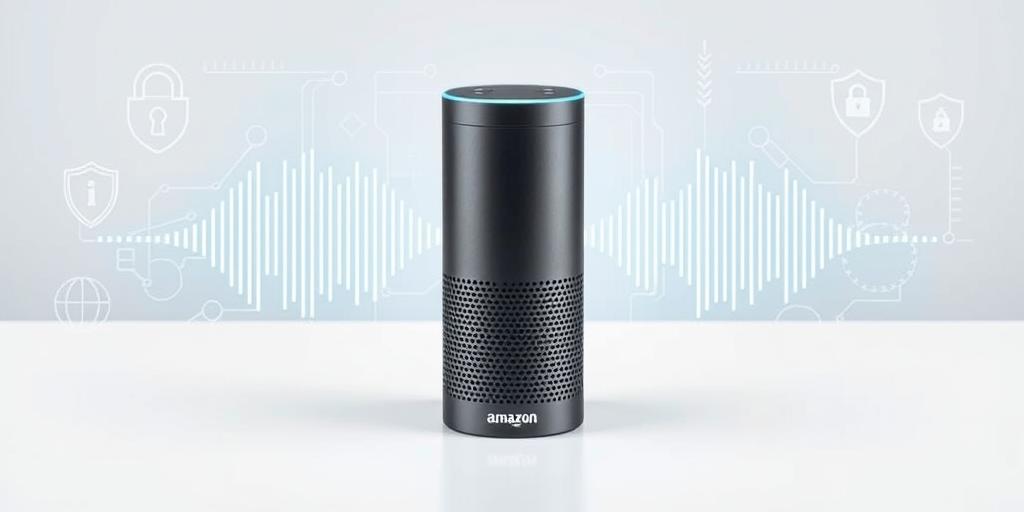Alexa, Are You Listening? The Privacy Implications of Amazon Echo
Amazon Echo, powered by the voice-controlled assistant Alexa, has become a staple in many homes. While it offers convenience through voice commands, setting alarms, playing music, and controlling smart home devices, it also raises significant privacy concerns. This article delves into the privacy implications of using Amazon Echo, exploring how it works, what data it collects, and the measures you can take to protect your personal information.
How Amazon Echo Works
Amazon Echo devices are designed to be always listening, waiting for a "wake word" (usually "Alexa") to activate. Once activated, the device records the user's voice command and sends it to Amazon's servers for processing. Amazon's cloud-based system interprets the command and sends instructions back to the Echo device, which then performs the requested action.
Data Collection by Amazon Echo
- Voice Recordings: Every voice command is recorded and stored on Amazon's servers. Amazon claims these recordings are used to improve Alexa's accuracy and personalize user experience.
- Usage Data: Amazon collects data on how frequently you use Alexa, the types of commands you give, and the duration of your interactions.
- Personal Information: When you set up your Echo device, you provide personal information such as your name, address, and contact details. This data is linked to your Amazon account and can be used for targeted advertising.
- Connected Devices: If you connect your Echo to other smart home devices, Amazon can collect data on your usage of those devices, such as when you turn on lights, adjust the thermostat, or lock your doors.
Privacy Concerns
- Always Listening: The fact that Echo devices are always listening raises concerns about unintentional recordings. While the device is supposed to only record after hearing the wake word, there have been instances where it has been activated unintentionally.
- Data Storage: Amazon stores voice recordings indefinitely unless you manually delete them. This means that your voice data could potentially be accessed by Amazon employees or law enforcement agencies.
- Data Sharing: Amazon may share your data with third-party developers who create Alexa skills. While these developers are supposed to adhere to Amazon's privacy policies, there is still a risk that your data could be misused.
- Targeted Advertising: Amazon uses the data collected by Echo to personalize advertising. This means that you may see ads based on your voice commands and usage patterns.
Steps to Protect Your Privacy
- Review Privacy Settings: Take time to review and adjust the privacy settings in the Alexa app. You can disable certain features, such as the use of your voice recordings for improving Alexa.
- Regularly Delete Voice Recordings: Manually delete your voice recordings from the Alexa app or Amazon website. You can also set up automatic deletion of recordings older than three or 18 months.
- Disable Microphone: When you don't want Alexa to listen, you can physically disable the microphone by pressing the microphone button on the Echo device. This will prevent the device from recording any voice commands.
- Control Skill Permissions: Review the permissions you grant to Alexa skills. Be cautious about granting access to sensitive information, such as your location or contacts.
- Use a Strong Password and Enable Two-Factor Authentication: Secure your Amazon account with a strong, unique password and enable two-factor authentication to prevent unauthorized access.
Conclusion
Amazon Echo offers convenience and functionality, but it also raises valid privacy concerns. By understanding how the device works, what data it collects, and the steps you can take to protect your privacy, you can make informed decisions about using this technology in your home. Taking control of your privacy settings and staying informed is crucial in the age of smart devices.









